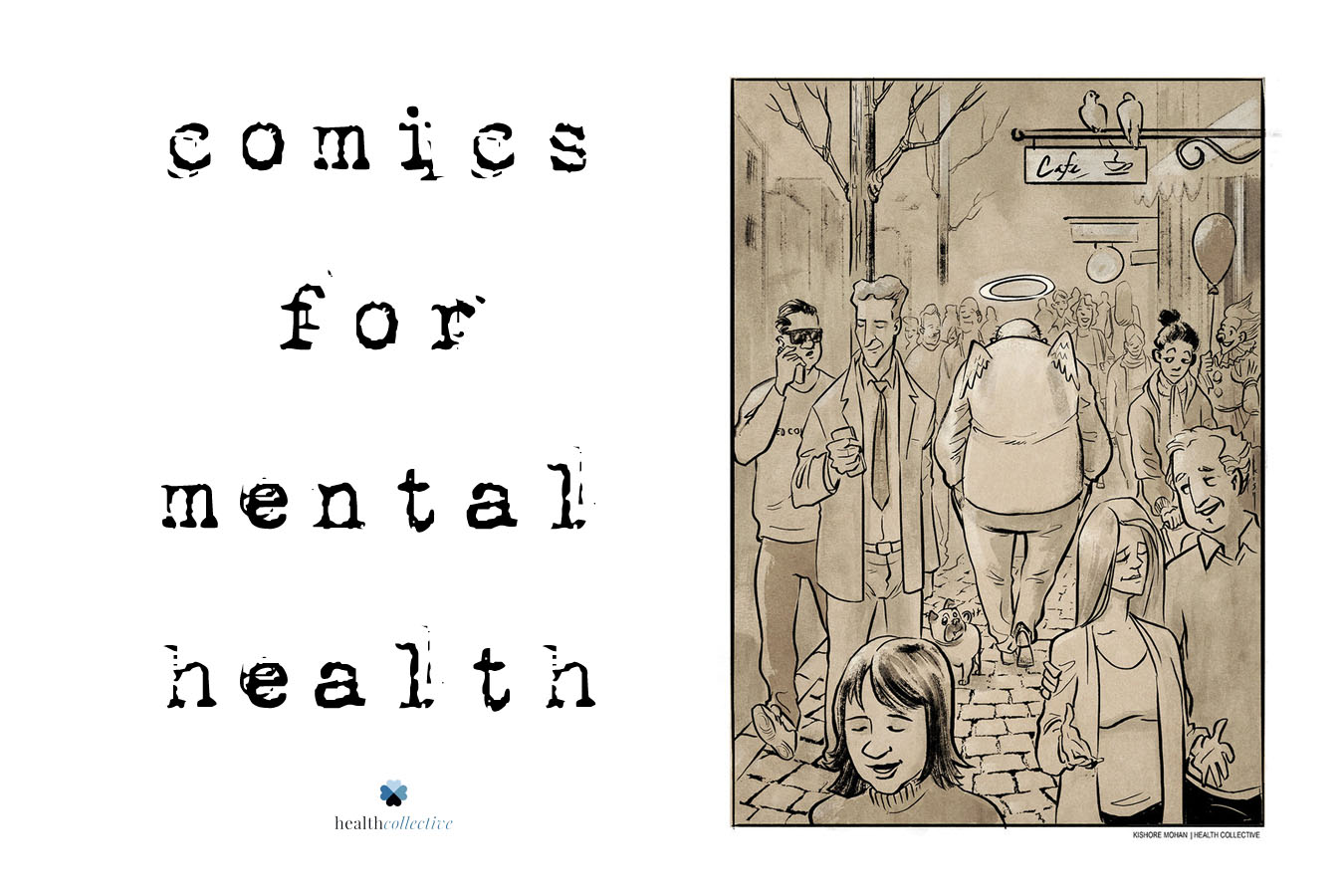Ask the Experts: Tips on How to Parent Teens and Tweens
By Dr Bhavana Gautam
A large part of my counselling base comprises of young adults and teenagers. With the teens or tweens, the most common scenario is a call from a worried, anxious parent seeking an appointment. And despite a variety of reasons for seeking consultation, there are some common triggers which prod most parents into action. I frequently hear them present their dilemma with the following words:
- My child doesn’t speak to me as openly as he/she used to
- I’m unable to understand what is going on with my child
- They seem more influenced by their peers lately
- I’m worried they are making some very wrong choices in life
- Please make them understand what the right thing is to do
Now here I would like to take a moment to briefly orient parents to the process of counselling, to do away with the misconception that a counsellor or therapist tells people what to do.

Its our job to firstly listen, and then through a process of insightful and explorative work get the person being counselled to not just clearly express the heart of the issue but also formulate practical and long-term solutions in order to improve the quality of thoughts, productivity and life in general.
Below I have tried to share some general tips that most parents could find useful in trying to connect with their teenage children.
-
Listen to them without judgement or a quick fix solution. Listening is as much an art as a skill
-
Look for spoken and unspoken words. Ask for clarification whenever in doubt
-
You are still the parent. Every once in while the friend role is fine, but they still need the parental security, guidance, support and approval
-
Don’t fear or be hurt by their antagonism. Developmentally they are going to be defiant as they search, establish and assert their core beliefs and real identities. Don’t take it personally
-
Your opinion still matters. They may not show enough but they still seek a validation or approval from you occasionally. they may be excited to explore their new experiences but are also anxious and full of doubts
-
Express your love. They may be too old for you to cuddle them, but a warm hug and display of affection now and then assures them of your support
-
Respect their opinion and their privacy. take their inputs wherever possible. They are on the brink of adulthood and deserve to be respected as one
I generally encourage parents / care givers to touch base with me, while the child is in therapy, on certain broad general skills like effective listening, communication and empathy, not implying that they are not already skilled at it. Its more from a perspective of having the immediate environment of the person being counselled as effectively involved ensuring better commitment and outcomes.
Views expressed are personal.
About the Author: Dr Bhavana Gautam has spent 12 years in the healthcare industry; she has an MBBS from Mumbai, a Master’s Degree in hospital administration from TISS and is a counsellor, psychotherapist and life coach; she focuses on Young Adult counselling, Adolescent and Family counselling, and Caregiver Counselling.
Disclaimer: Material on The Health Collective cannot substitute for expert advice from a trained professional




